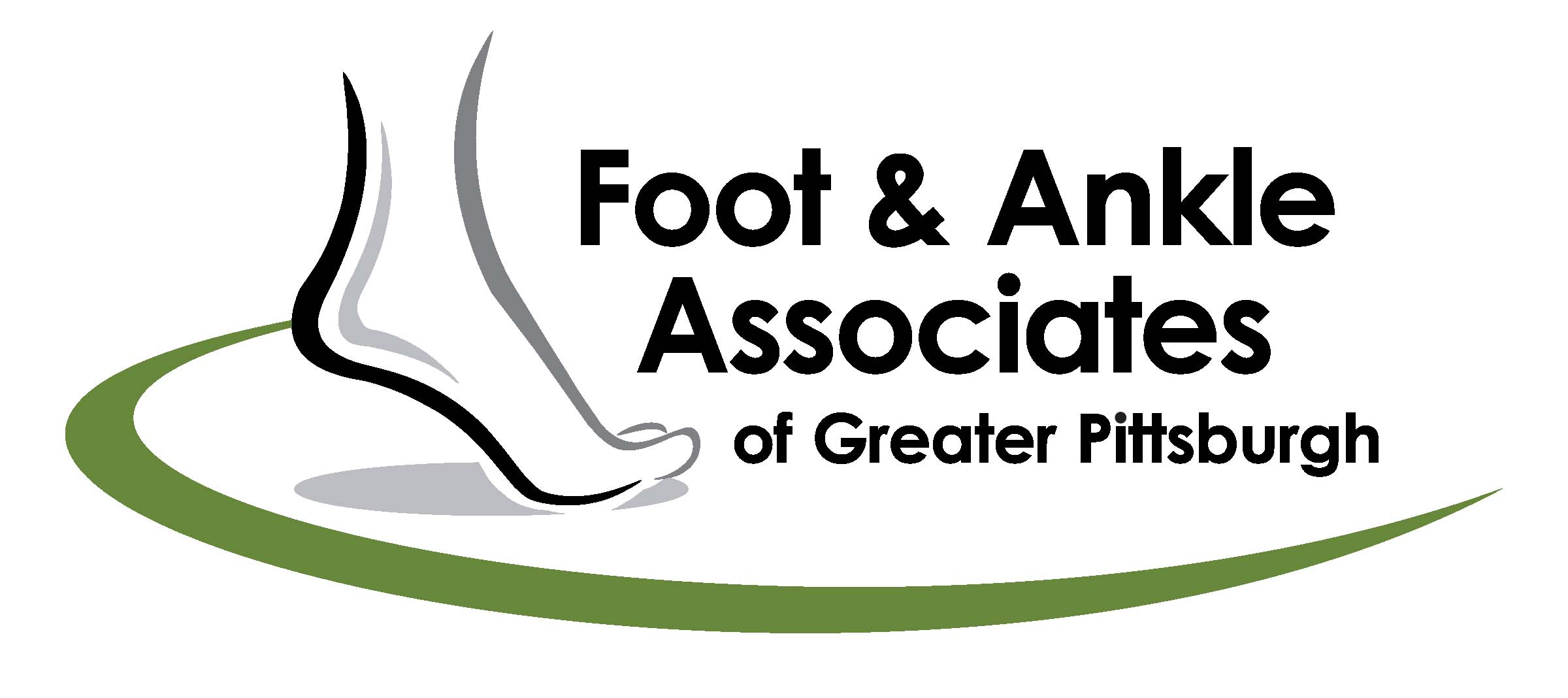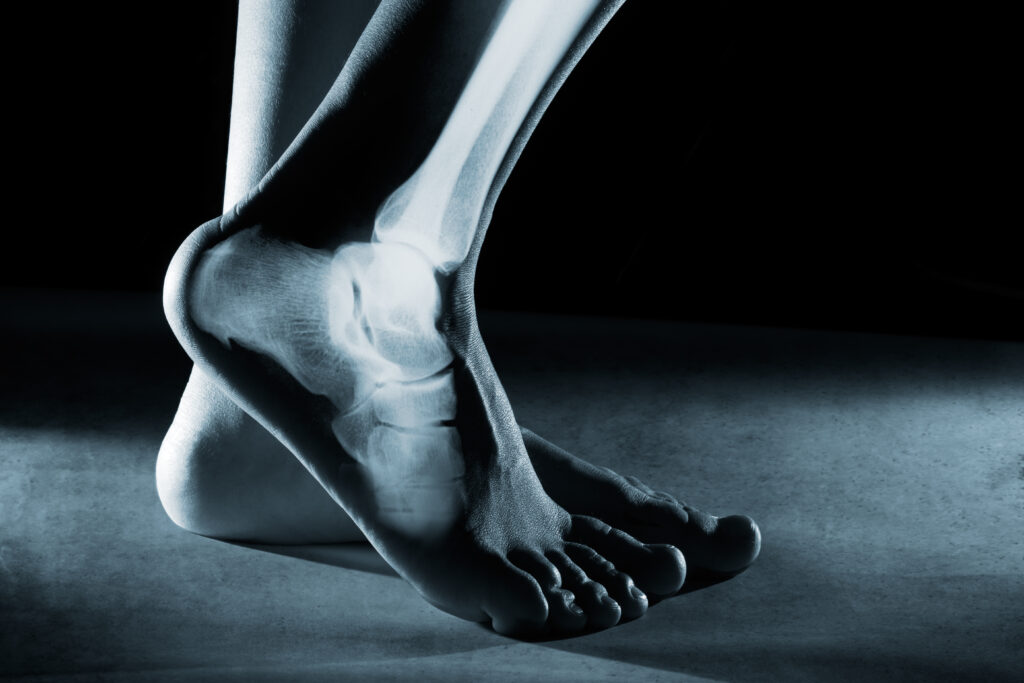Foot & Ankle Surgery
Are you struggling with chronic foot and ankle pain? Perhaps you have been diagnosed with a painful condition that will not go away. You do not have to suffer in silence. Foot and Ankle Associates of Greater Pittsburgh offers a range of surgical procedures designed to reduce pain and stiffness, enhance mobility, and improve your quality of life.
Our skilled surgeons offer diagnostic consultations to help you choose the best treatment for your needs and lifestyle. While some conditions are better treated with surgery, others can be addressed using non-surgical, conservative options.
If you are unsure whether to pursue surgery, we will offer honest advice informed by our extensive medical knowledge. If you are looking for reliable foot and ankle experts in Beaver, PA, do not hesitate to book an appointment with our friendly team today!
Types of Foot and Ankle Surgery
Our experts use surgery to address a wide range of foot and ankle complaints. Some of the most common types of podiatric surgery include:
Bunion Surgery
Bunions are a deformity involving the big toe joint. Bunions can be painful, swollen, and red and may prevent you from moving your big toe without pain. In severe cases, bunions can cause your big toe to move toward the second toe and cause the development of hammertoes.
Some patients treat the pain caused by bunions by wearing wider shoes and using bunion pads. However, surgery is typically recommended in cases where bunions cause frequent pain and interfere with your daily life.
Neuroma Surgery
A neuroma is a painful ailment caused by the benign growth of nerve tissue between the toes. People with neuromas typically experience pain and numbness, particularly while walking. The most common area to develop a neuroma in the foot is between the 3rd and 4th toes.
Conservative treatments for neuromas include over-the-counter pain relief, pads to help decrease pressure in the area, and various types of injections. However, patients may need surgery when neuromas interfere with their everyday lives. The procedure is relatively straightforward and involves removal of inflamed nerve tissue.
Hammertoe Surgery
Hammertoes are deformities that cause a bend in the middle toe joints of toes, causing a claw-like appearance. A range of surgical procedures, including joint resection, tendon transfer, and fusion can address severe cases of hammertoes.
Occasionally, surgeons may carry out bunion surgery at the same time as hammertoe surgery.
What to Expect from Foot and Ankle Surgery
Now that we have covered some of the foot and ankle surgery procedures that we offer here, let us take a look at what you can expect when having surgery with the Foot & Ankle Associates of Greater Pittsburgh.
Pre-Surgery
Before the procedure, our doctors will talk you through the procedure and recovery steps. Depending on your age and medical history, you may need to undergo a few tests before surgery, such as blood tests or X-rays.
You will also need to provide the surgical team with details of any medical conditions and medications you regularly take. Some medications may affect your body’s ability to heal.
The Day of Surgery
Patients should avoid eating or drinking after midnight the day of the surgery. In other words, you will not want to eat or drink on the day of surgery. Our doctors can answer specific questions in any of the pre-operative visits, if you should have any.
Ideally, you should turn up to your appointment on time and bring a supportive loved one to ensure the experience is as stress-free as possible. Remember to bring the results of pre-surgical tests, a small bag of belongings, a credit card, a list of medications, your medical insurance card, and a form of legal identification.
When you reach the medical facility, you will meet with your surgical team to discuss your anesthesia options. If you are an outpatient, you will leave on the same day as the surgery. Inpatients will require one or more nights in the hospital, depending on the complexity of the procedure. The vast majority of elective foot and ankle surgeries are outpatient.
Post-Surgery
The length of your recovery will depend on the nature of the surgery. While less invasive procedures such as neuroma surgery may only require a few weeks of recovery, others may require several months. You must limit pressure on the affected area during this time and avoid strenuous exercise.
You may wish to invest in assistive equipment such as crutches, a wheelchair, or a knee walker to help you move around without pain. However, you may also need to undergo physical therapy to ensure your foot or ankle heals properly.
Contact Us for All Your Foot and Ankle Surgical Needs
We know that undergoing foot and ankle surgery can be daunting for patients. As such, our specialists are here to create treatment plans that suit your needs and preferences.
Do not let foot and ankle pain prevent you from achieving your goals. Schedule a consultation with the Foot and Ankle Associates of Greater Pittsburgh today! You can take the first step toward pain-free feet by calling our Beaver, PA office at 724-774-1525 or sending an email using our contact form.
Contact Us
Office
336 College Avenue, Suite 106, Beaver,
PA , 15009
Monday: 8am – 12pm
Tuesday: 8am – 4:30pm
Wednesday: 8am – 4:30pm
Thursday: 8am – 4:30pm
Friday: 8am – 12pm
Saturday: Closed
Sunday: Closed


